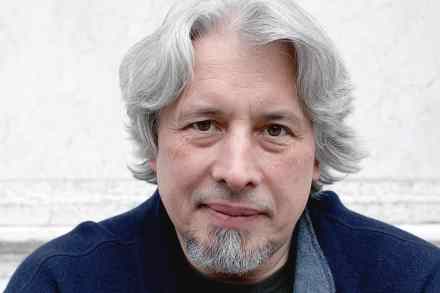A marriage of inconvenience: The Bride Stone, by Sally Gardner, reviewed
It’s 1796, and an idealistic young English doctor, Duval Harlington, just released from La Force prison in revolutionary Paris, learns that his father is dead. He is now Lord Harlington, heir to a fortune and the idyllic estate of Muchmore. But in order to gain possession of his heritage – and, as importantly, foil the aspirations of his unpleasant cousin Ralph Carson – Duval must marry within two days and seven hours. No suitable partner is available, so he buys a woman in a Norfolk wife sale for ten guineas. Money, its acquisition and loss, is woven through this hugely enjoyable novel. The French refugees trying to make their way


